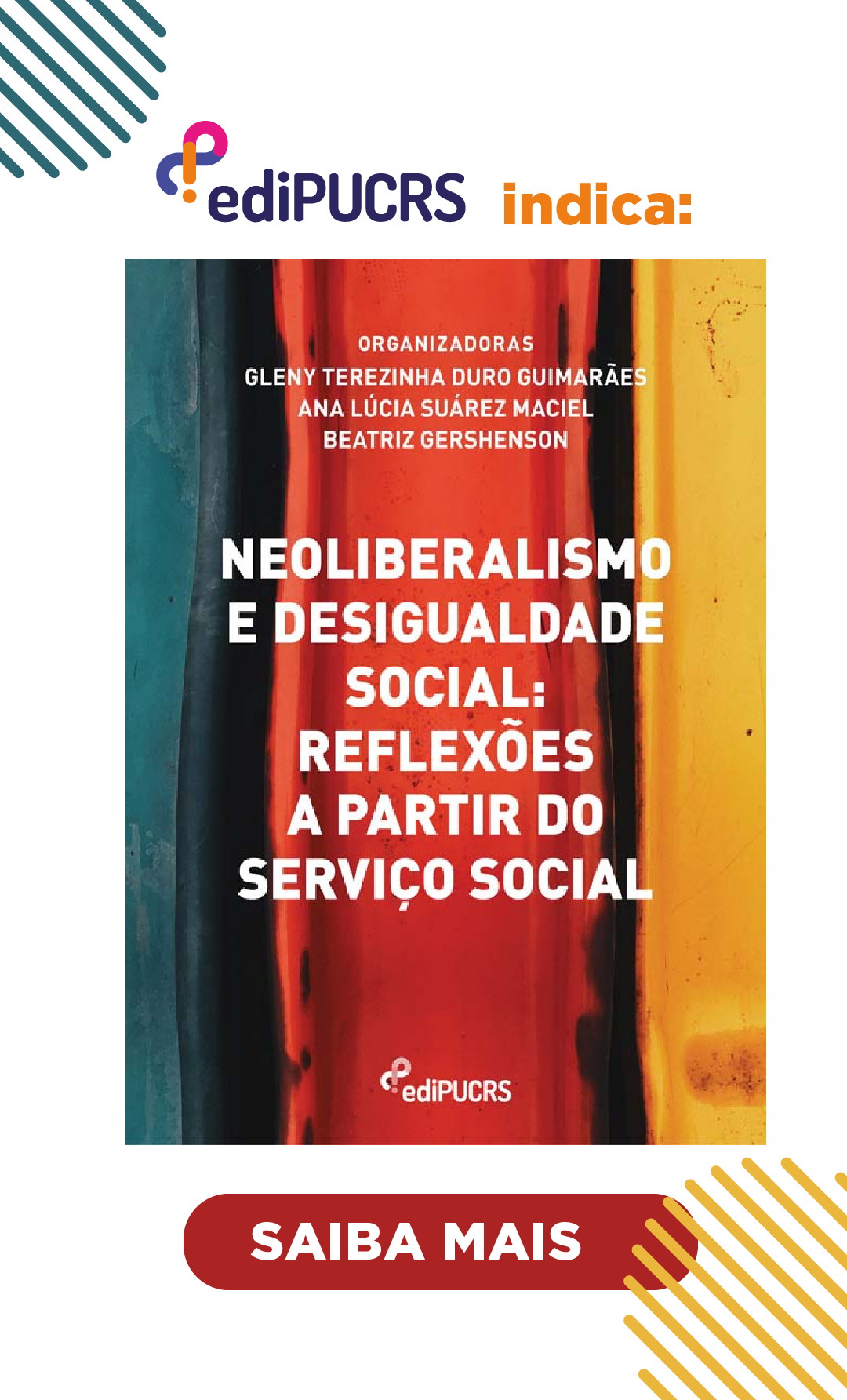Life quality, stress and repercussions in the assistance: nursing staff of an intensive care unit
Abstract
The search evaluates the life quality of the nursing in an Intensive Care Unit. It is analitical, descreptive, transversal, developed in the ICU of a general hospital, with 15 professionals. The instruments to collect the data are a survey based in Walton (1973), social demographic data and two opened questions. To the data analysis is used the SPSS and descriptive statistics. Most of them are women, married, 64,3% are 30-50 years old; unsatisfied with the salary and evaluates the assistance to the patient adequate. More than half of them disagrees that the hospital provides growth conditions and mantained themselves neutral concerning the dialogue and positioning; 60% keep a good relation with the administration, most of them (80%) with collegues; to 66,7% the working time does not harm the family relations. To most of them, the functions do not affect the emotional balance outside work and feel fulfilled. The professionals deal with stress factors and admit the interference in the assistance.Key words – Intensive care unit. Nursing staff. Quality of life. Occupational stress. Nursing assistance.
Downloads
Downloads
Published
How to Cite
Issue
Section
License
Copyright
The submission of originals to Textos & Contextos (Porto Alegre) implies the transfer by the authors of the right for publication. Authors retain copyright and grant the journal right of first publication. If the authors wish to include the same data into another publication, they must cite Textos & Contextos (Porto Alegre) as the site of original publication.
Creative Commons License
Except where otherwise specified, material published in this journal is licensed under a Creative Commons Attribution 4.0 International license, which allows unrestricted use, distribution and reproduction in any medium, provided the original publication is correctly cited.





